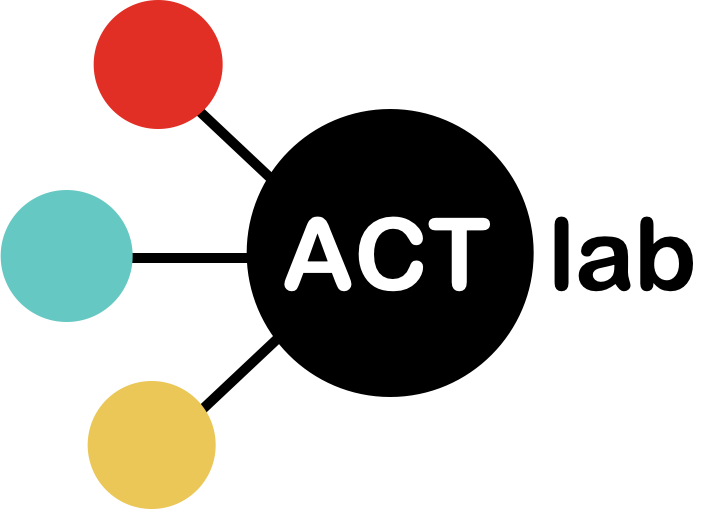How aware are we of the way algorithms work and shape our lives? And how does this awareness change our behavior? Not as much as you would think. Dr. Suárez-Gonzalo terms this phenomenon the Algorithmic Awareness paradox. Through her research, she seeks to understand why our awareness of algorithms doesn’t always line up with the ways we behave.
What is Algorithmic Awareness? We can define it here as the consciousness of and ability to understand how machine learning algorithms work and the ways in which they impact our–sometimes quite sensitive–online lives. Research on this topic is relatively new. The few studies that do exist suggest that Algorithmic Awareness is low overall and varies among different segments of the population. For example, older adults, lower-educated populations and women may be less likely to have high levels of Algorithmic Awareness. These groups will often turn to family or friends to learn about algorithms (as opposed to specialized sources), make little use of them in their daily lives and generally express distrust of this technology.
So then – what is the Algorithmic Awareness paradox? Put simply, research seems to suggest that there is little to no relation between levels of Algorithmic Awareness and user behaviour. For example, research conducted at UOC revealed that differing levels (low or high) of Algorithmic Awareness did not seem to impact the tracked use of participants’ smartphones. This project seeks to better understand this phenomenon, by digging deep into the why of it all.
To properly dig into this question, Dr. Suárez-Gonzalo will conduct a critical review of current academic literature and a series of 6-person focus groups. These groups will bring together participants of varying ages and socioeconomic status to gather qualitative data on the Algorithmic Awareness paradox. This study has an intergenerational focus and aims to foreground the experience of older adults.
Image credit: Gratisography




